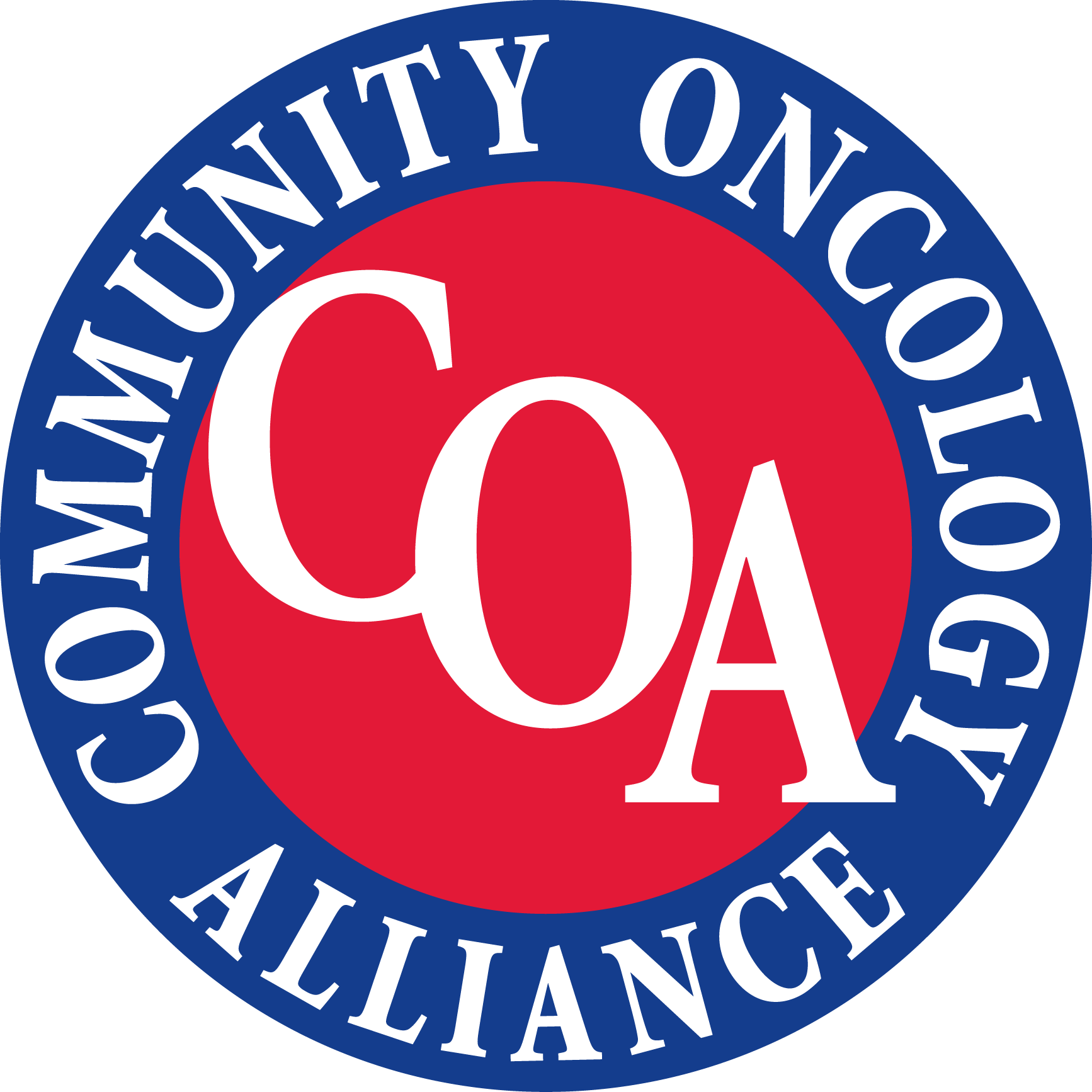
Dr Debra Patt Addresses Concerns Around Hormonal Birth Control and Breast Cancer Risk

Debra Patt, MD, PhD, MBA, executive vice president at Texas Oncology, explains the small potential risk of breast cancer associated with hormonal birth control.
Hormonal birth control carries risks of adverse events, as do all medications, and one association appears to be a very slightly increased risk of breast cancer, according to Debra Patt, MD, PhD, MBA, executive vice president, Texas Oncology.
Transcript
Should people be concerned over the recent study gaining media attention that hormonal birth control increases risk of breast cancer?
Sure, I think that with any drug that you take, you should always be cognizant of the desired effects and unintended side effects of any medication. For patients, hormonal contraception can very slightly, and I will say very slightly, increase the risk for breast cancer. We know that's a cumulative risk.
I think for every patient, like with any therapy, you need to carefully think about the effects that are desired in contrast to the potential side effects, because it's not a universal recommendation for every patient.
For example, if you have a patient that is just desiring a mechanism of contraception, and they have a very high breast cancer risk because of a genetic susceptibility or family members who've had breast cancer, for them, the decision might be very different than someone who has no family history of breast cancer and has contraindications to other forms of contraception. So, I think it varies per patient. But yes, it's a risk. But it's a very small risk.
Actually, I think that most patients take oral contraceptives safely without any increased risk for breast cancer. The truth is—and everyone asks, because breast cancer is common—if this caused it or that caused it, but breast cancer is just common; 1 out of 8 women will get breast cancer in their lifetime. So, the percentage of that risk that you can attribute to a history of oral contraceptive use is really quite small.
Newsletter
Stay ahead of policy, cost, and value—subscribe to AJMC for expert insights at the intersection of clinical care and health economics.









